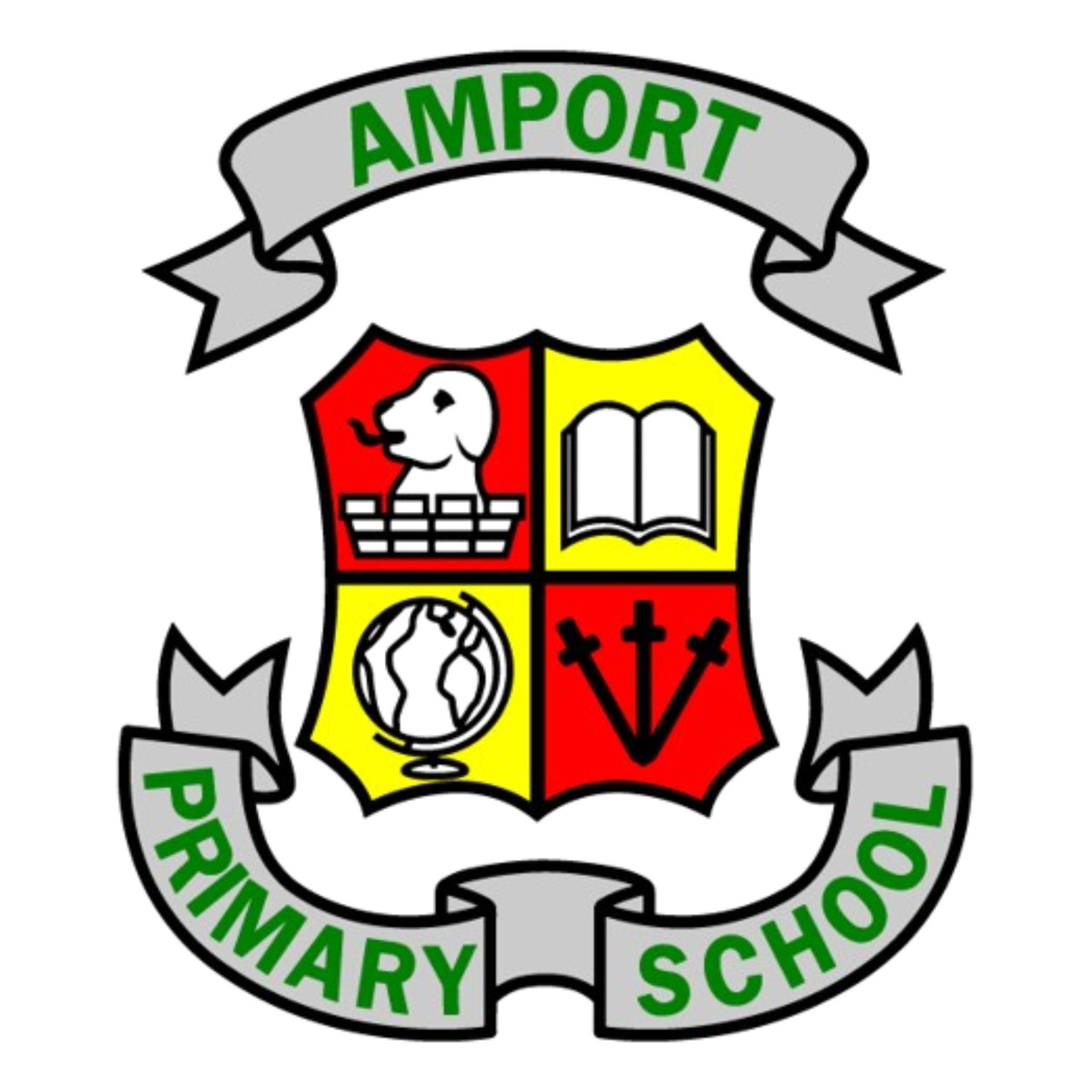Rowan Class
Reading
In the Spring Term the children will have the opportunity to look at texts in depth, discuss vocabulary, write predictions, distinguish between statements of fact or opinion, discuss and explore how authors use language and asking questions to improve their understanding of words and the text.
To help your child at home, please continue to encourage them to read daily and record their progress in their reading records for the teachers to see.
Writing
In the Spring term the children will be looking at the following texts: A Night at the Frost Fair by Emma Carroll, Moondial, Shackleton’s journey and Holes. The children will write to narrate, persuade and inform. The children will make predictions from the text, continue their narratives, summarise the main ideas from parts of the story and identify the main ideas and write letters. The children will integrate dialogue to convey character, use dashes, colons, extended noun and adverbial phrases for description and practise the skills learnt in the Autumn Term.
Maths
In the Spring term, the children will be focusing on the following units:
Year 5: Multiplication and Division, Fractions, Decimals and Percentages, Perimeter and Area and Statistics.
Year 6: Ration, Algebra, Decimals, Fractions, Decimals and Percentages, Area, Perimeter and Volume and Statistics.
French
In French this term the children will learn about French music celebrations and French verbs in a week. The children will learn vocabulary to name musical instruments and types of music; expressing opinions about music by forming extended sentences using conjunctions and adjectives; learning about a famous French music festival and French-speaking musicians and adapting model sentences to create a profile for a musician. The children will learn to identify the infinitive form of verbs and subject pronouns; grouping French verbs into -er, -ir and -re categories; learning the -er regular verb endings; practising with a set of regular action verbs children discover that not all verbs are regular and learn the foundation verbs ‘avoir’ and ‘être’ and finally children produce a short piece of creative writing to demonstrate their learning.
Computing
In computing the children will understand how search engines work and developing searching skills to find relevant and accurate information online.
The children will understand that the use of big data includes barcodes, QR codes, infrared, and RFID technologies. The children will create and scan their own QR codes, manipulate real-time data in spreadsheets, and present their findings. They will also analyse transport data to understand its usefulness to commuters.
PSHE
The children will be learning about belonging to a community, protecting the environment and compassion towards others. The children will also look at media literacy and digital resilience, how information online is targeted; different media types, their role and impact as well as finally looking at money and work, identifying job interests and aspirations; what influences career choices; workplace stereotype.
Music
In music the children will understand how a drum pattern, bassline and riff fit together to create a memorable and catchy groove. Compose and perform drum patterns, basslines, and riffs on a variety of instruments as part of a group. Identify drum patterns, basslines, and riffs and play them using body percussion and voices.
The children will listen and appraise, recognising and identifying key musical features such as rhythm, tempo, timbre, structure, and instruments. Use music vocabulary and knowledge to discuss similarities and differences in pieces of music and learn some simple choreography to accompany a disco song.
